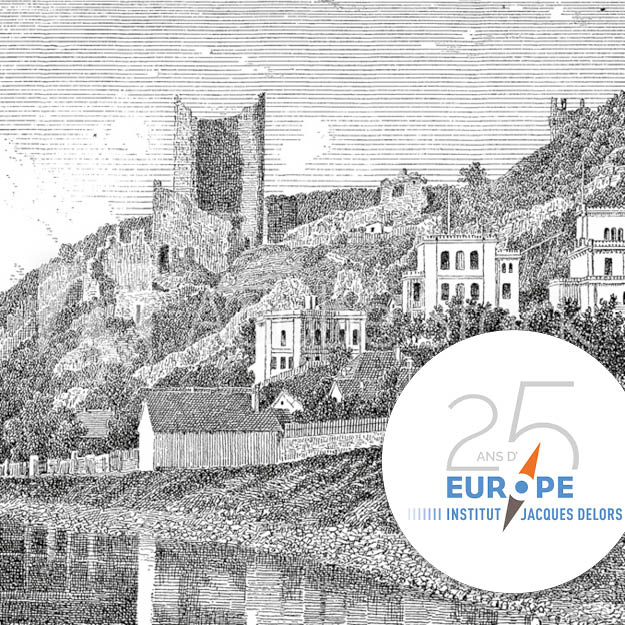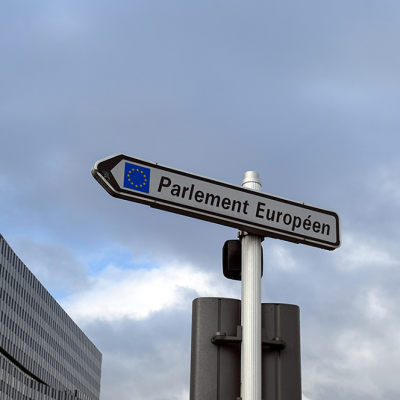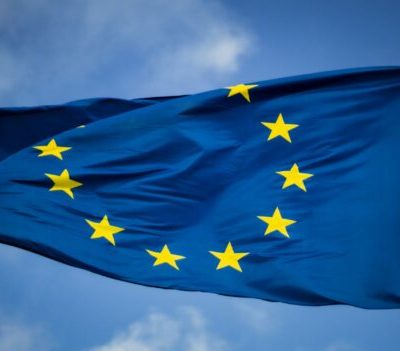What is left of the “Visegrád Group”?
Thirty years ago, a declaration signed by the presidents of Hungary, Poland and Czechoslovakia committed these countries to seeking cooperation and good neighbourly relations, at a time when the issues of the post-communist transition and membership in the EU and NATO were particularly challenging. How can we assess this “Visegrád process” today?

Introduction ▪ 1990 – 2021, two faces of Central Europe
Going back to the text of the Visegrád Declaration, signed on 15 February 1991 in a small Hungarian town near the Slovakian border, is an excellent means of measuring the differences between Central Europe in 1989 and in 2021, for the better and for the worse. For the better: the common goals listed at the beginning of the Declaration were very substantially fulfilled as early as 1999-2004 and the three decades since its signature have bee unquestionably the most prosperous for freedom, democracy and peaceful cooperation in the entire history of the signatory states. For the worse: upon reading this text written by three former dissenters – József Antall, Lech Wałęsa and Václav Havel – who had become president and were attempting to commit their countries to liberal democracy and European integration one can only note certain assertions that the Hungarian or Polish governments would be unwilling to sign today: emphasis on the political dimension of the European project based on common values, such as the rule of law, tolerance and the rejection of nationalism, in addition to the importance of the role played by civil society, etc.
Going beyond the text, the comparison between the founding figures of the Visegrád Group (V3, then V4) and the leading politicians who represent the group today is striking. While Viktor Orbán claims to be a successor of József Antall, there is a fundamental difference between the latter’s positions and political actions at the start of the 1990s and the paths taken and developed by Viktor Orbán since 2010. The links put forward by the Hungarian prime minister between himself and Antall are as unconvincing as those he claims to have with Helmut Kohl. In Poland, a long-standing conflict, which is both political and personal in nature, has placed Jarosław Kaczyński and Lech Wałęsa on a collision course. In the Czech Republic and Slovakia, it would be difficult to find human and political profiles that are more different to Václav Havel than those of the Czech president and prime minister, Miloš Zeman and Andrej Babiš, and the Slovak prime minister, Igor Matovič, each in their own way. Only Zuzana Čaputová is following – as she claims – in the footsteps of the last Czechoslovak president, at least in some ways.




